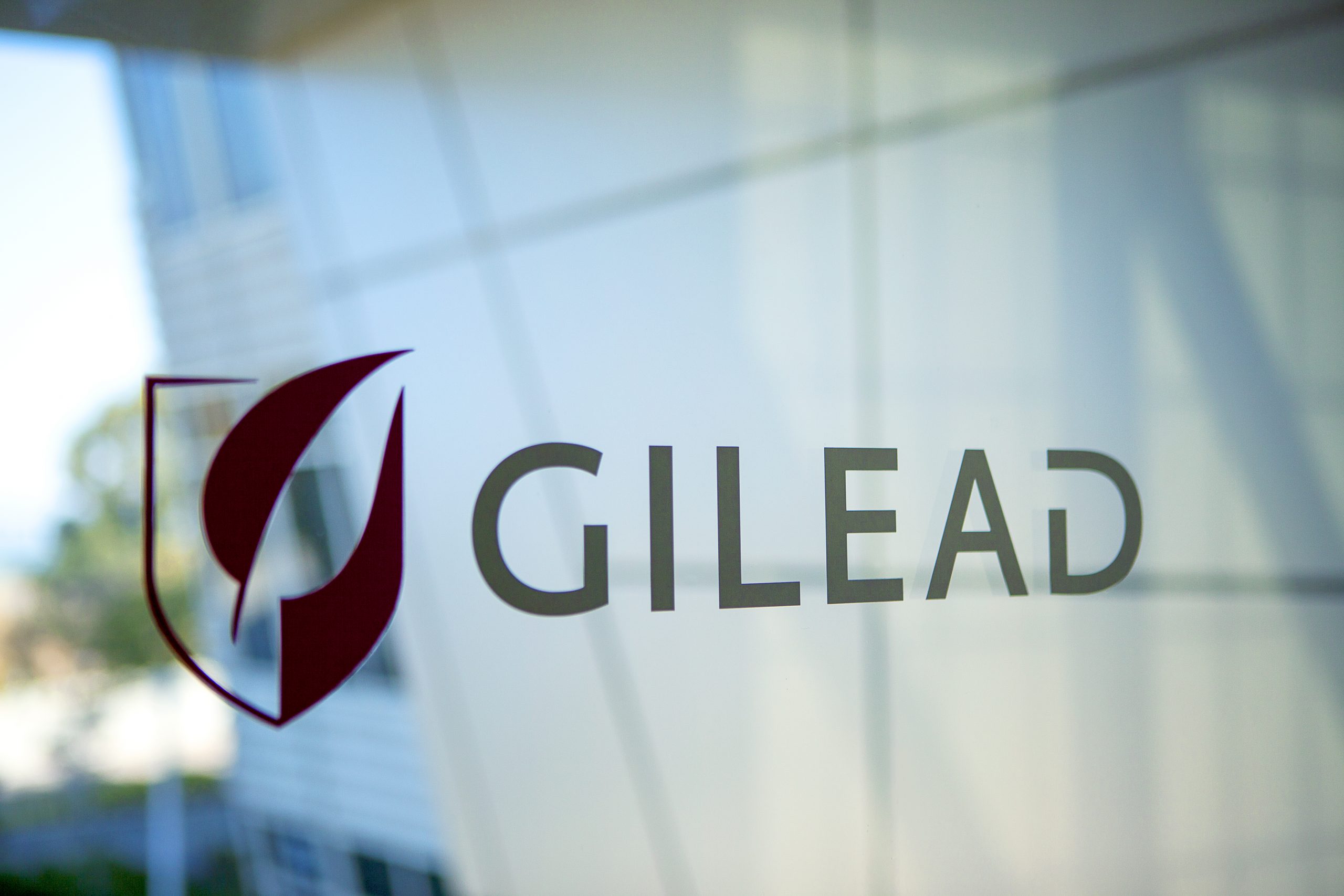Gilead needs deal-maker CEO after Milligan quits

Gilead may be looking for a deal-broker who can kick-start the company’s growth after the lacklustre launch of its CAR-T therapy, after CEO John Milligan announced he is to step down at the end of the year.
Milligan engineered last year’s $11.9 billion acquisition of Kite Pharma, bringing in the approved CAR-T cell therapy Yescarta, predicted to be a multi-billion dollar blockbuster.
[caption id="attachment_30028" align="alignleft" width="78"] Stepping down: John Milligan[/caption]
Stepping down: John Milligan[/caption]
But Oliver Spray, company analyst at Datamonitor, told pharmaphorum in an interview that the decision to part company with Milligan is driven by the need to quickly find new revenues as sales of its portfolio of hepatitis C drugs begin to dry up.
As more and more patients are cured of hepatitis C by drugs such as Sovaldi (sofosbuvir), the size of the market for these drugs is shrinking, and there is also intense competition from rivals such as Merck & Co and AbbVie.
So there is pressure at Gilead to find new revenues – but with the slow launch of Yescarta, which has a high cost, requires specialist care, and is difficult to manufacture, Milligan’s successor must be able to get the most out of the drug, well as the company’s pipeline.
Spray pointed out that the Kite acquisition is a long-term prospect, unlike Gilead’s famous acquisition $11 billion of Pharmasset, which added Sovaldi to the company’s pipeline and began generating revenues within a few years of the deal in 2011.
[caption id="attachment_45026" align="alignleft" width="79"] Oliver Spray[/caption]
Oliver Spray[/caption]
Spray said: “It’s very different to (the Pharmasset acquisition). This is completely new technology.”
The potential of Yescarta has yet to be realised – this will only come once the therapy is approved in second line relapsed/refractory diffuse large B-cell lymphoma, allowing the drug to be used in a much larger patient group. At the moment it is approved only in the sickest patients, said Spray.
“There is an ongoing trial called ZUMA-7, putting Yescarta into second line, that would be a much bigger patient population.”
And Kite is not a one-trick pony like Pharmasset – Spray noted that there are potential revenue-generators further back in its pipeline, such as its T-Cell Receptor therapy, which has a different mechanism of action and could add to revenues in the longer term.
The pipeline already assembled before the Kite acquisition is also promising, particularly Gilead’s potential offering in non-alcoholic steatohepatitis (NASH), the fatty liver disease targeted by several big pharma companies in search of new revenues.
With the three drugs that Gilead has in its pipeline, the company could cover all stages of the disease using various combinations, and one of the drugs has shown an ability to reverse the thrombosis that can occur in NASH.
Spray speculated that the next CEO will also be expected to find potential new acquisitions that will kick-start revenues before these drugs reach the end of clinical development.
“If they are looking for a new CEO they may want to spend money late stage assets so they can boost revenue immediately,” said Spray.











